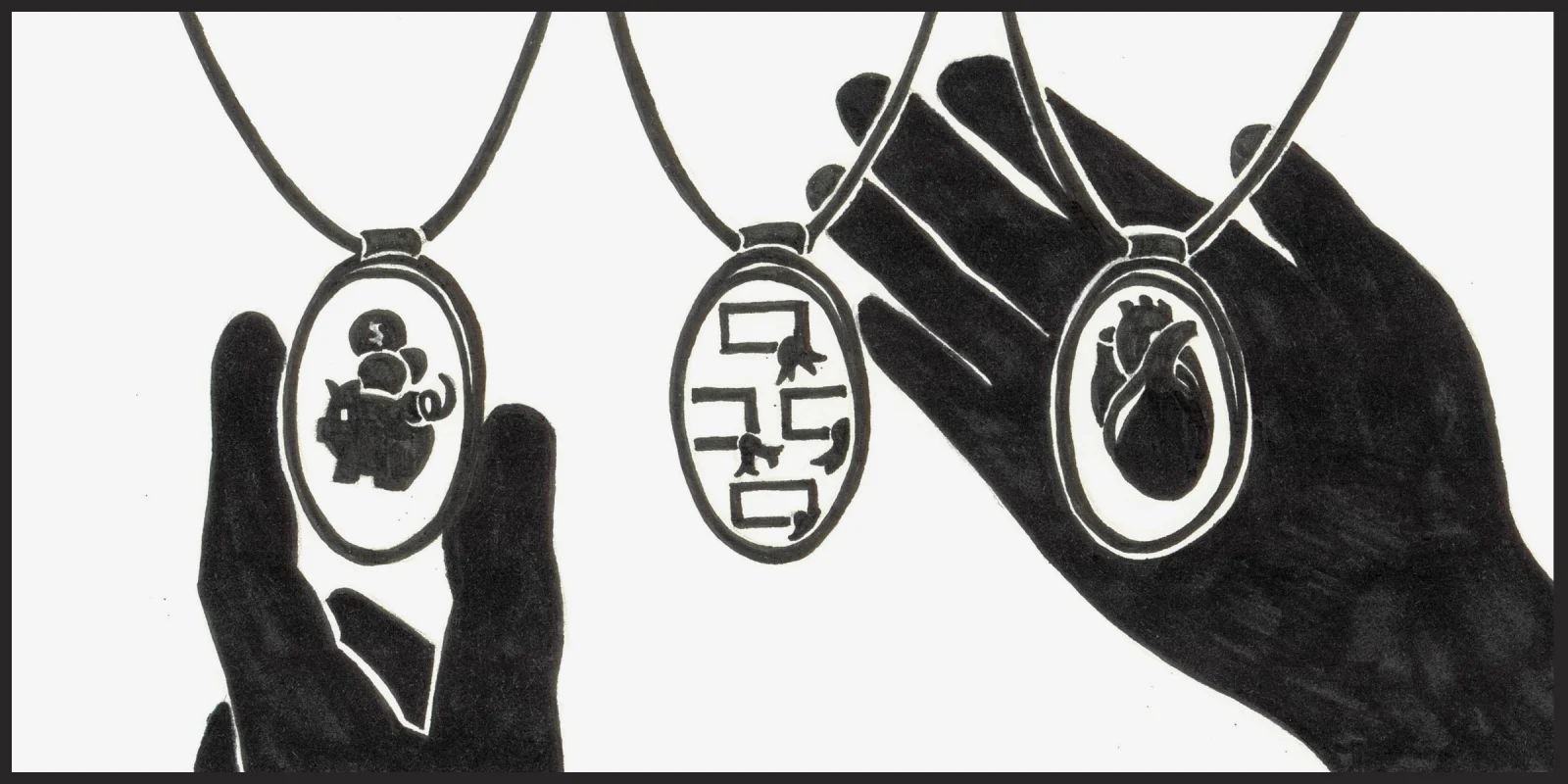“It is just a job. Don’t forget that,” he nodded at me emphatically before turning away to begin. The overnight attending had found his residents in the workroom to touch base before the start of another long night. Perhaps because we had only briefly interacted, he stopped to chat and ask about my career plans. When I inquired in turn about his hopes, he said he was trying to cut back, described the delight of seeing his child’s smile greet him, and expressed his wish to buy a new house for his family.
I was surprised. He had a reputation for being one of the most tenacious physicians in the group, known for an endurance that seemed to defy brain physiology. I assumed that anyone who worked as hard as he did was driven by something I did not understand. Yet in the hazy mist of my sophomore slump and seasonal affective disorder, it was he who reminded me that I was doing a job.
Dr. Amy Wrzesniewski, a professor of organizational behavior at Yale School of Management, describes three different ways people view work 一 a job, a career, or a calling. A job regards work as a means to make a living, while a career sees work as a long-term way to gain advancement, success, or prestige. Finally, a calling considers work a source of personal fulfillment and a way to do something valuable in the world. Her research has found that within most professions, people tend to be evenly split between the three.
Initially, I viewed this framework as a Rorschach test of sorts, an assessment of personality and values related to work. The attending’s reminder challenged me because he was prompting me to view medicine as a job when I had always considered it a calling. Maybe he and I chose medicine for distinct reasons, fundamentally regarded the purpose of our work differently, but I knew the way we approached caring for patients was not dissimilar. How could he view medicine so differently than I?
The trick is the ability to change. While the way we perceive work remains largely static, there is no rule binding me to always see medicine as a calling. My attending was right in that trying to get through a night shift was best thought of as a job. Attempting to be successful through residency required me to anticipate a career. Dr. Wrzesniewski speaks about ways to craft meaning and find calling at work, showing that it is possible to deliberately change perceptions. The ability to move between viewing medicine as a job, a career, or a calling can be a way to keep seeing the good in medicine.
In the afternoons when I leave early enough to run my extra energy out along the lake, stopping to watch the planes climb into the skies, wishing I could be on one of them,
On the weekend days I spend reviewing my finances, counting the number of years it will take me to pay off my medical school debt,
During the few dark hours after a long day mostly spent playing secretary, hungering for anything that will fill me with ideas and some semblance of creativity,
I lull myself into the next day with the thought that this work is a job. It pays me enough to live where I can meander among the speckled sunlight between the redwoods, to occasionally be in the sky flying to somewhere new, and to still have enough to give unto others.
On the days I am ashamed, knowing I have failed my team, mismanaged, and miscommunicated,
On the days I am indignant, frustrated that after all these years I still give my superiors the power to make me feel small and insignificant,
On the days I am discouraged, unable to convince another person to take a chance on me, invest time and mentorship in who I want to be,
I remind myself this work is a career. If I am running a marathon, the shortcomings and disappointments of today become just temporary falls I can rise from, cautionary examples I can heed, lessons I can choose to learn.
When I began to realize that the patient I had the longest longitudinal relationship with had died,
When I could not see through the middle of my visceral anger at the care that could not be provided because my patient was born here and not there,
When I finally faced the reality that four years of hard work had ended in failure,
I counted “this work is my calling” like beads on a rosary, trusting that the simplicity of trying to heal the person before me was enough in itself, knowing there will never be a substitute for the wholeness that comes from doing the thing I was put on this earth to do.
Perhaps I am just playing tricks on my mind, but isn’t that so much of what resiliency is? Shifting my view to see a situation differently when there is no power to change the circumstances. Or perhaps I am beginning to see how malleable medicine is, a profession that can be all these things to me at different stages. Maybe the next time I can travel across the Pacific to watch the sun rise over the Sydney Harbor and melt into that dawn light, I will thank medicine for being a job that supports my wanderlove. The next time I join a conversation filled with ideas to improve end-of-life care or health care systems, I will be grateful for medicine’s intellectual stimulation at the beginning of a career. When I finally lay eyes on the East African landscape of greens mixed with reds, coming back to the home global health has been for me, I will feel the immensity of being lucky enough for my work to be my calling.
In what situations do you find it helpful to consider medicine a job, a career, or a calling?
Joy Liu is an internal medicine resident in northern California interested in end-of-life care, global health, and public policy. She is a graduate of the Mayo Clinic Alix School of Medicine and Duke University. She is a 2021–2022 Doximity Op-Med Fellow.
Illustration by Joy Liu







